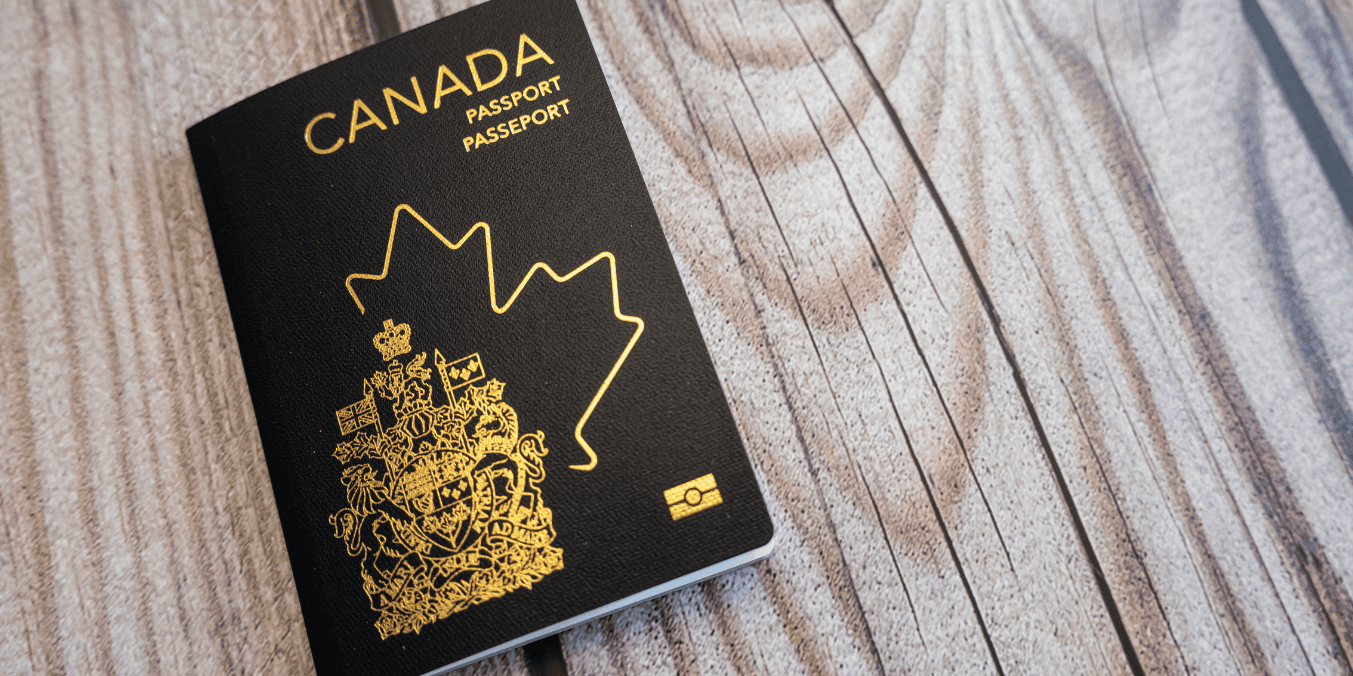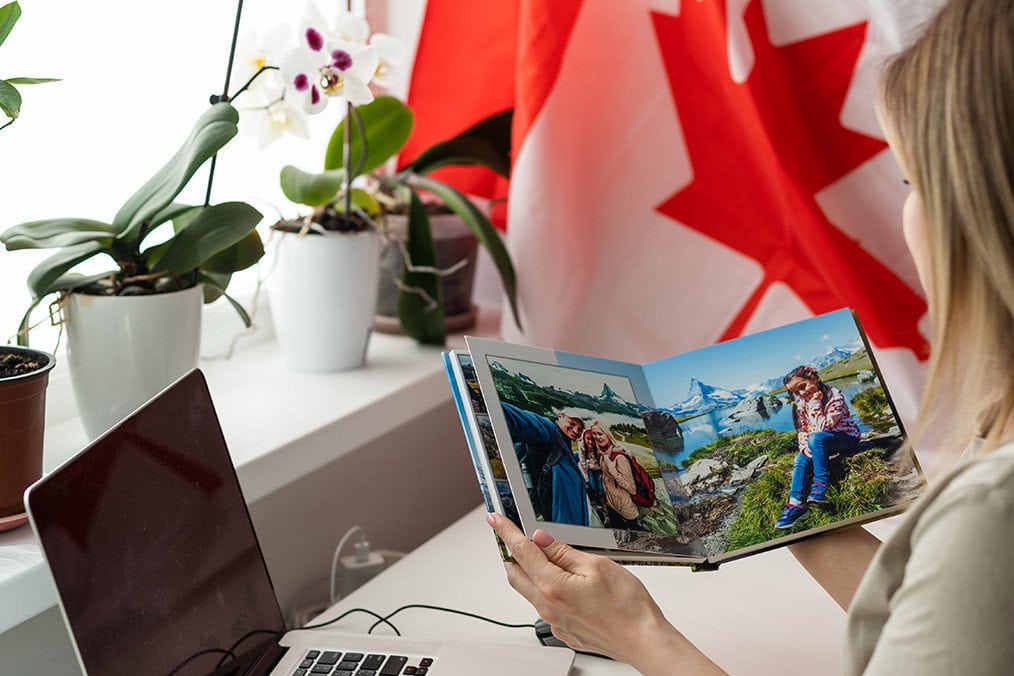Canadian immigration
Learn about moving to Canada, the Express Entry immigration process, working in Canada, studying in Canada, and more.
Trudeau Steps Down – What’s in Store for Canada’s Immigration Policies?
Prime Minister Justin Trudeau has announced his resignation as the leader of the Liberal Party and…
New Immigration Pathways Canada 2025: What You Need to Know
Canada is introducing several new immigration pathways in 2025, offering exciting opportunities for…
Major Express Entry Changes Proposed to Address LMIA Fraud
Canada’s immigration system may soon undergo significant Express Entry changes, as Immigration…
Start Your Canadian Immigration Journey
Our experts make the process clear, stress-free, and successful, so you can move forward with confidence and focus on what matters most.
"*" indicates required fields




